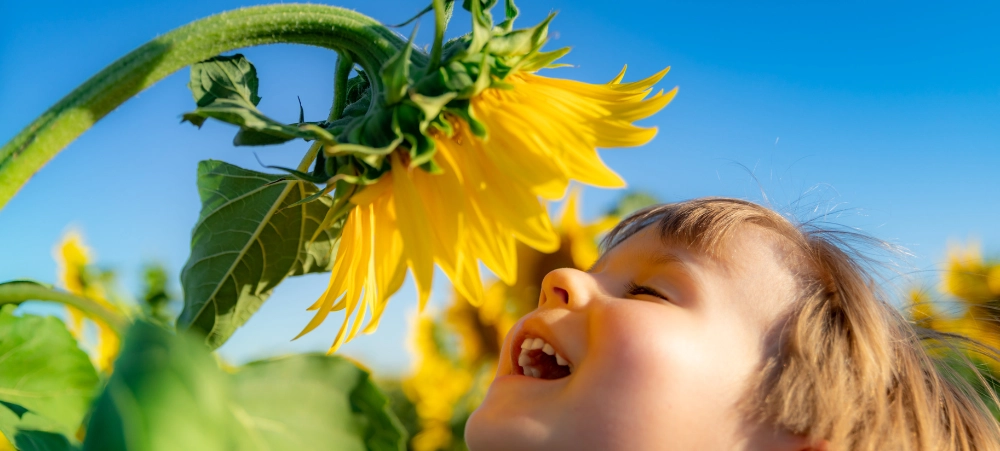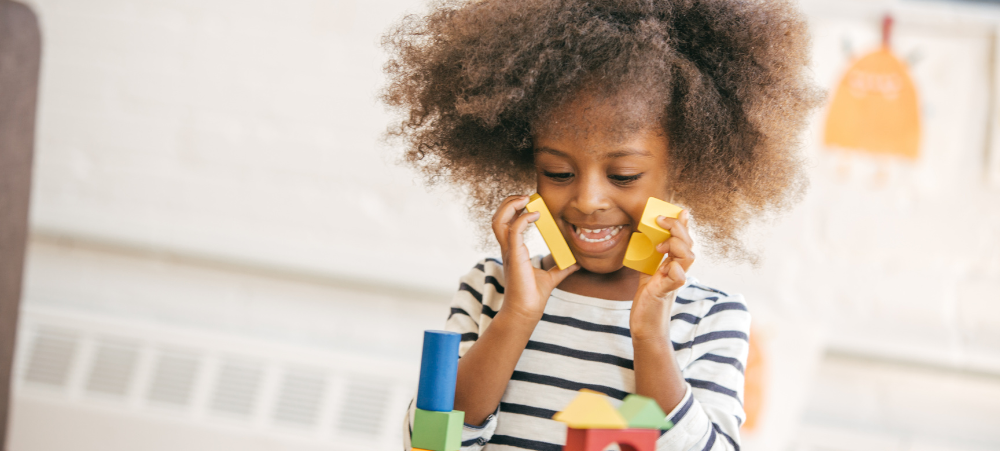As the world faces unprecedented environmental challenges, fostering eco-consciousness in young children has never been more critical. Dibber International Preschools is dedicated to nurturing the next generation of environmentally responsible citizens by instilling sustainable values and practices from an early age.
“Children are the stewards of tomorrow,” says Ursula Assis, Country Director of Dibber International Preschools. “By teaching them to respect and care for the environment, we are not only empowering them to make a difference but also ensuring a more sustainable future for all.”
Building a Connection with Nature
One of the most impactful ways to raise environmentally conscious children is by fostering a connection with nature. Spending time outdoors, whether exploring a local park or planting a garden, helps children appreciate the beauty and abundance of the natural world. “Children who develop a bond with nature early on are more likely to grow into adults who protect and nurture it,” explains Assis.
Teaching Resource Conservation
Understanding the efficient use of natural resources is another key aspect of environmental education. Assis advises parents and educators to demonstrate how small actions—like turning off lights when not in use or conserving water—can collectively make a big impact. “Children are naturally curious and eager to learn. By involving them in simple conservation efforts, we can instil habits that last a lifetime.”
The 3 Rs: Reduce, Reuse, Recycle
Introducing the concept of waste management through the principles of Reduce, Reuse, and Recycle helps children understand their role in minimising waste. “At Dibber, we incorporate these principles into everyday activities, turning them into fun and educational experiences,” says Assis. “For instance, children can create art projects using recyclable materials, combining creativity with environmental stewardship.”
Practical Activities to Inspire Eco-Consciousness
Hands-on activities like gardening or planting saplings provide children with tangible ways to engage with nature. Caring for plants teaches responsibility and nurtures a sense of pride in contributing to the environment. “It’s through these small, meaningful actions that children begin to understand their role in nurturing the planet,” Assis explains.
Additionally, fostering a love for animals helps children develop empathy and a broader understanding of the interconnectedness of life. Visits to conservation parks and safaris offer opportunities to teach children about the importance of protecting wildlife and their habitats.
Leading by Example
Children learn by observing the behaviours of adults around them. “If we want our children to care for the environment, we must model sustainable choices in our own lives,” says Assis. Simple actions, like reducing plastic use or choosing eco-friendly products, demonstrate the importance of making thoughtful decisions.
Dibber’s Commitment to Environmental Education
At Dibber International Preschools, environmental education is a cornerstone of the curriculum. “We believe that by unlocking children’s creativity and curiosity, we can encourage them to think beyond textbooks and embrace the importance of sustainability,” Assis notes.
Dibber’s initiatives focus on three key areas:
- Instilling environmental awareness and empowering children to make a difference.
- Reducing the use of consumer plastics.
- Minimising the emission of pollutants.
“Our goal is to show children that small, everyday actions can lead to significant change,” says Assis. “By embedding these values early, we’re helping to shape a generation that will prioritise the health of our planet.”
A Shared Responsibility
Raising environmentally conscious children is a collective effort that involves families, schools, and communities. “Together, we can teach children that they have the power to make a difference,” concludes Assis. “It starts with simple, intentional steps—steps that not only protect the environment but also instil hope for a brighter, more sustainable future.”
- What Parents Should Look for in a Preschool: The Power of Play-Based Learning - December 23, 2025
- Are We Over-Scheduling Our Children? - December 16, 2025
- Five Ways to Encourage Independence and Confidence in Children with Special Needs - December 9, 2025





